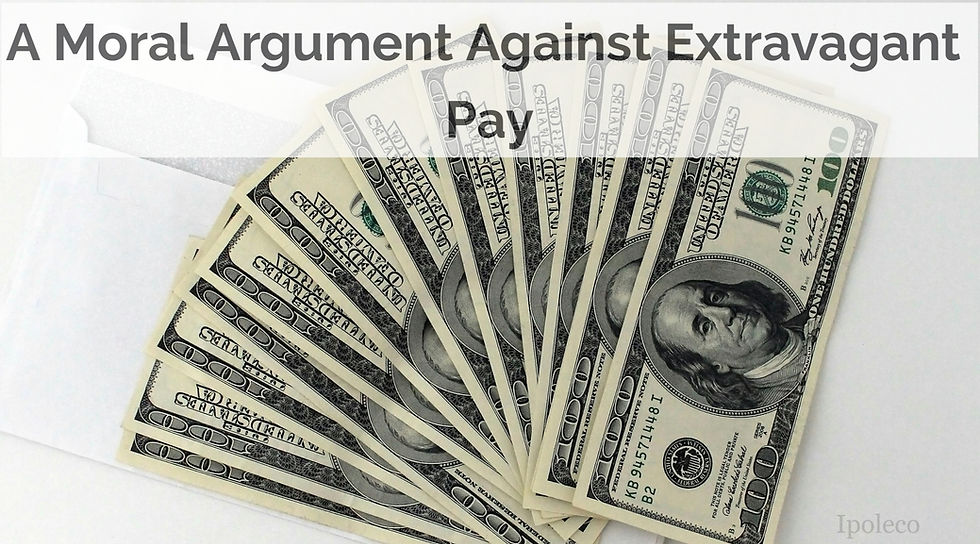Banks as Guardians of the Economy?
- Karl Johansson

- 11 apr. 2020
- 3 min läsning
Getting banks to help in the fight against a Covid-19 recession seems to be all he rage, here's why it might be a bad idea.
Between saving lives and livelihoods governments have implemented lots of policies to combat the Covid-19 crisis. Some will be successful, some will no doubt turn out to have been counterproductive but all of them with good intentions. One of the more surprising by products of the crisis is the view of banks and bankers seems to be changing. After 2008 bankers were reviled in some circles, accused of being driven solely by greed and getting bonuses while the economy was collapsing. Now though, banks are indispensable in the relief effort, with governments across the world urging banks to lend more to help stabilise businesses. I’m not sure banks really are the saviours of the economy in the Covid-19 context, and relying on private actors to solve systematic shocks could end up being a recipe for disaster in the long run.
The key to understanding why private banks are not suited to be the centrepieces of economic policy is in incentive structures and moral hazard. Private firms act in accordance with their interests, and turning a profit is their raison d’être whereas the goal of public policy is to ensure that the economy works as smoothly as possible. Obviously, differing interests doesn’t necessarily mean that any government policy which is reliant on private firms will fail, just that one should count on firms to be more interested in generating shareholder value than achieving government policy objectives. One more concrete example of how this could play out in reality is that banks are too stringent in their credit analysis and therefore don’t lend to those who need it the most. From the government’s point of view, the loans are supposed to be relieving distressed firms with liquidity issues but from the bank’s point of view the loan is source of revenue associated with the risk of not getting the principal back. The problem of diverging interests can be overcome by good policy design, and might not be applicable to this situation but it’s still worth considering.
There’s another problem which is less immediate, but far more troubling in my opinion. As banks, or any institutions really, become more important to the functioning of its area of expertise it can become more widely used by the government and take on new responsibilities. This might not sound like a problem, but as we found out during 2008 many banks are too big to fail, meaning that they have to be rescued in order to save the economy from economic catastrophe. By giving banks a large role in the reducing the impact from Covid-19 we risk creating a reliance on banks for future crises which will make banks more important and thus they’ll be perpetually too big to fail. As you might expect, running a bank with the knowledge that the government will bail you out no matter what creates some major moral hazard and massively increases the incentives for risk taking.
Time will tell if co-opting banks to save the economy is successful, and if it creates dangerous precedent and moral hazard. I think it’d be more prudent to establish a temporary government run bank to handle Covid-19 liquidity relief lending. Of course that’d take time which is hardly abundant at the moment, but at least it’d ensure that the right things were prioritised.
What do you think? I’d love to hear your thoughts! If you liked this post consider sharing it with a friend or co-worker, and come back next week for a new post!
Written by Karl Johansson

Cover Photo by Expect Best from Pexels



Kommentarer